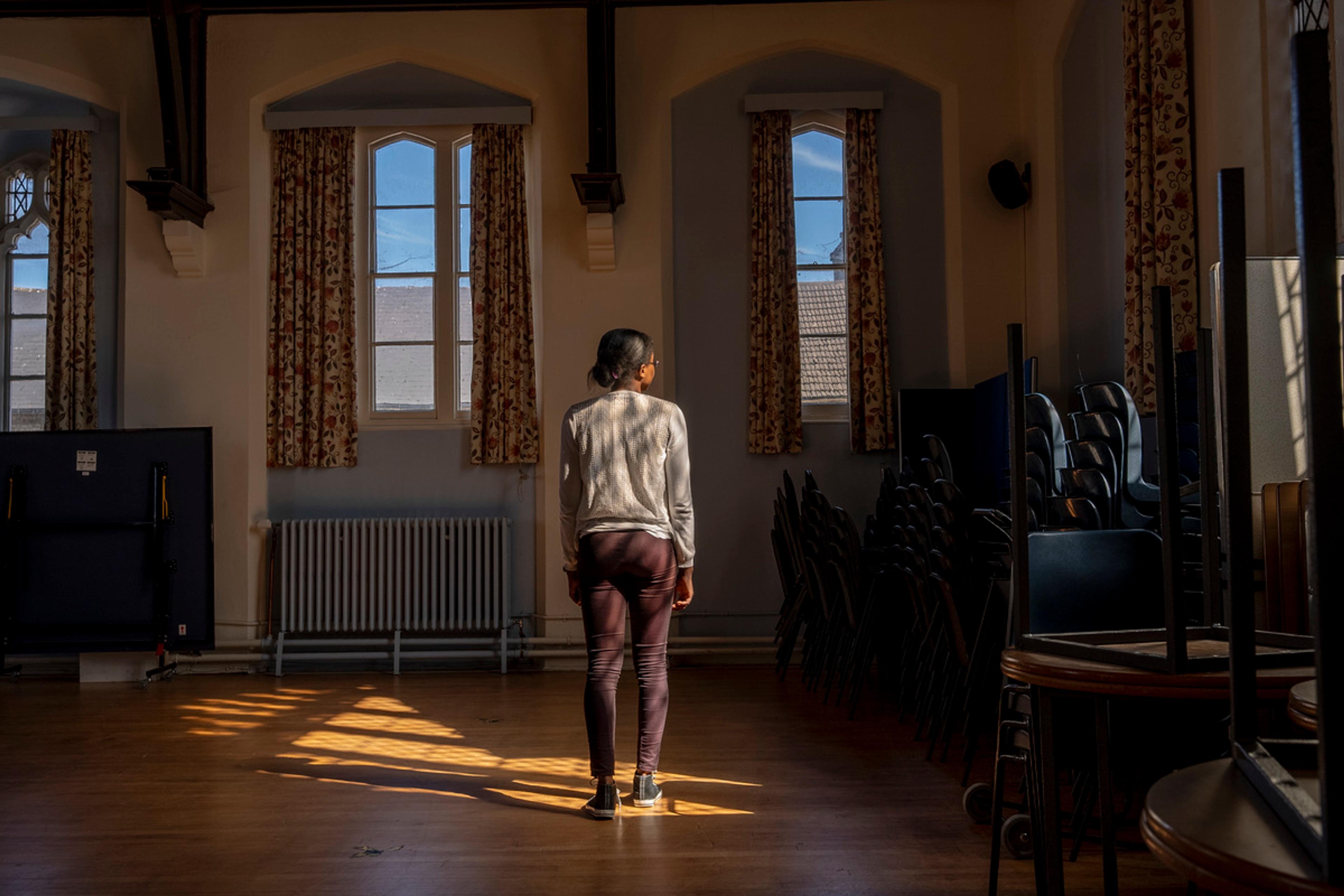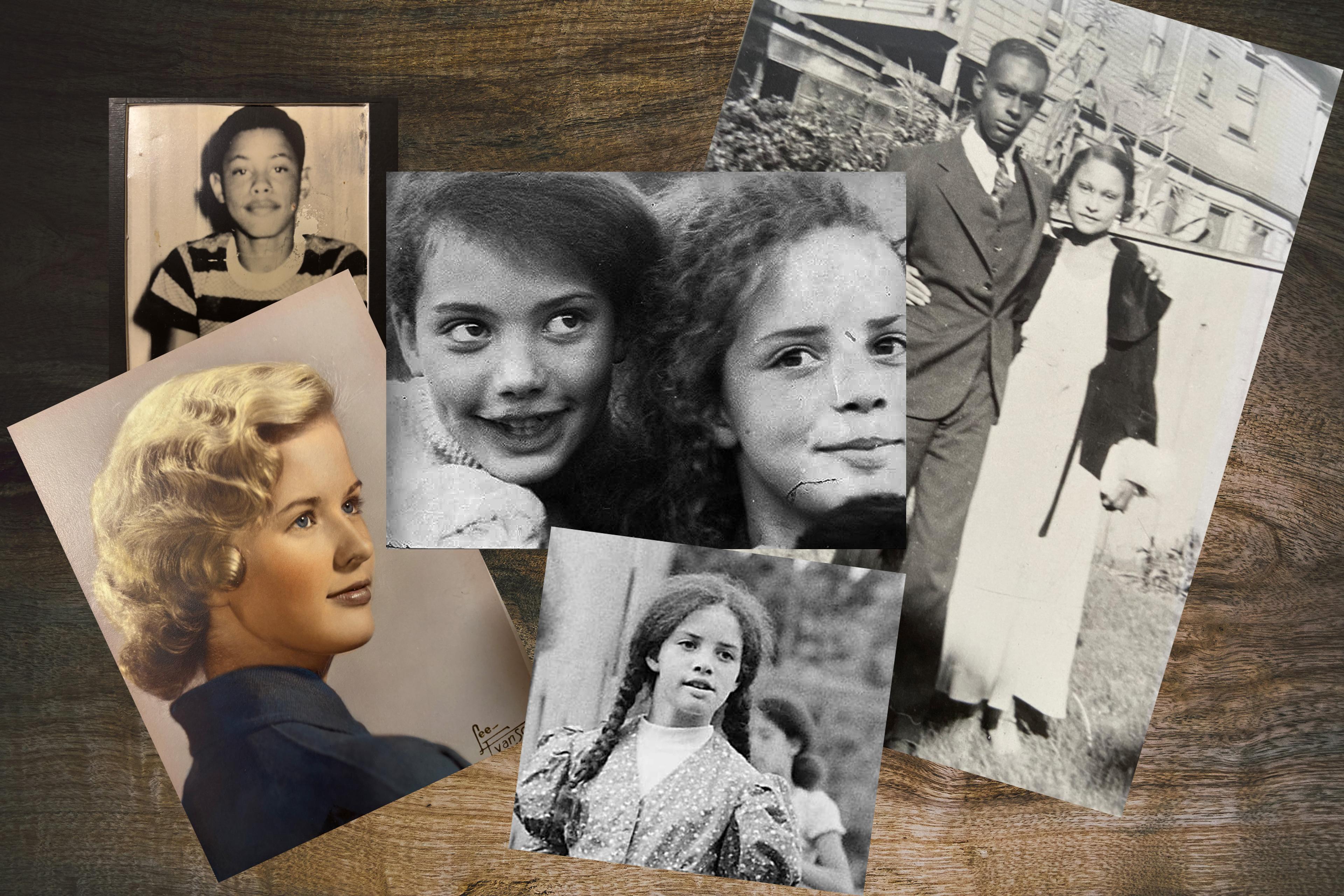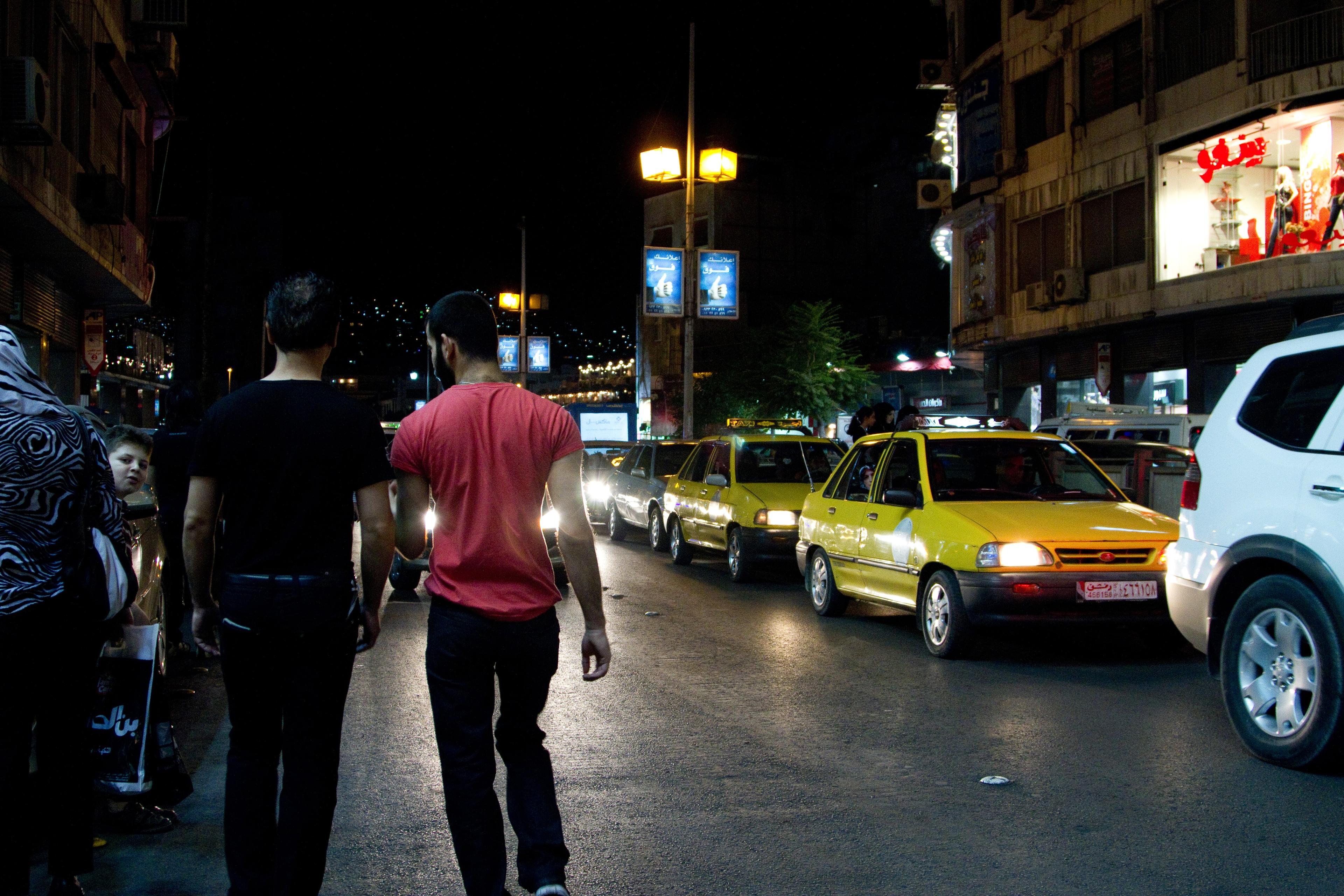Meet one of my favourite people: Cesira Falbo, my grandmother. I call her ‘Nonna’. In 1960, Nonna emigrated from Italy to Canada. She knows some English, but she feels most comfortable speaking in Italian. My Italian isn’t horrible, but I wouldn’t call myself fluent. Nonetheless, between the two of us we know enough of each language to connect with one another.
Conversations with Nonna are a mashup of Italian and English. Nonna calls me tesora, which literally translates to ‘treasure’, but is closer in meaning to ‘darling’ or ‘sweetheart’. She will tell me how the pomodori (tomatoes) in her garden are nearly ready to make sugo (sauce). And I’ll tell her how my gatte (cats), Bean and Ghost, are doing, and fill her in on the latest family gossip.
Throughout our conversations, Nonna and I are constantly code-switching. This phenomenon is studied primarily in linguistics, and it concerns how speakers will shift between different languages, dialects or accents during a single conversation, or even a single utterance. Code-switching is especially common among bilingual and multilingual communities.
The kind of code-switching I want to consider encompasses more than just switching between different languages, dialects or ways of speaking. It’s a more ubiquitous and more deeply social form of code-switching known as cultural code-switching. This concerns how we adapt our overall manner of speaking, behaviour and appearance in response to a perceived change in our social environment. When we engage in cultural code-switching, we alter how we present ourselves to the world to fit specific expectations and standards.
The philosopher Jennifer Morton notes how cultural code-switching involves a ‘much more profound shift than toggling between language or dialects does’ and argues that this kind of code-switching ‘cuts closer to the self’. Similarly, Robin Dembroff and Cat Saint-Croix discuss how cultural code-switching is an effective way to negotiate and switch between entire social identities – in some cases moving between genuine identities and merely apparent or superficial social identities.
We engage in cultural code-switching all the time – usually without even realising that we’re doing it. We code-switch when we move between different social environments: from the workplace to the classroom, to the first date, and everything in between. We code-switch when we put on a snazzy blazer for a job interview, or when we call our significant other ‘sweetheart’ or our friend ‘dude’. These are expressions we normally wouldn’t use in other contexts. That is, it’s unlikely you’ll call a random stranger ‘sweety pie’ or your boss ‘dude’ – the context just isn’t right.
Why do we code-switch? When visiting with Nonna, I code-switch not merely as a way of ensuring mutual understanding. Often, I know she would have understood the same expression had I said it in English. It’s not a matter of language proficiency. Instead, I code-switch as a way of bonding with her. I incorporate Italian into our conversations, and often use a dialect spoken by people in Cosenza, her hometown in Calabria in the ‘toe’ of Italy, because this helps to strengthen our relationship and reinforces a core part of our identity: our shared Italian culture.
So, one important – and distinctly positive and affirming – use of code-switching is to build a deeper sense of community and belonging with others. Code-switching functions to mark in-group affiliations, and often helps to make others feel at ease or comfortable in the given social environment.
Other uses of code-switching, however, are starkly different. Consider the case of Destiny Tompkins, a 19-year-old Black woman who in 2017 was working at a Banana Republic store in New York. Tompkins was pulled aside by a district manager (a white woman) and told to report to another manager (a white man) concerning a dress code violation. The manager told Tompkins that her braids were not Banana Republic appropriate and that they were too ‘urban’ and ‘unkept’ for the store’s image. He ordered her to take out her braids or else she would no longer be scheduled for shifts.
Numerous empirical studies and countless first-hand reports reveal that Black women with natural hairstyles (eg, Afros, braids, twists) are less likely to get job interviews, job offers and promotions. It’s thus unsurprising that Black women might code-switch by straightening their hair to seem more ‘professional’ or non-threatening in elite and predominately white working environments.
The ability to code-switch is a vital skill needed to navigate high-stakes social interactions – the courtroom, the classroom, job interviews and more. In some cases, code-switching is necessary to acquire opportunities for economic advancement (eg, employment, education) or, more pressingly, to avoid serious forms of punishment and violence that can result from non-conformity to dominant norms. The pressures to code-switch in this way are not felt uniformly but are disproportionally borne by members of historically marginalised groups who often must conform to dominant cultural norms for social inclusion and survival.
But, while code-switching can be an effective means of integrating into an unfamiliar social environment where opportunities for social mobility reside, it often comes at a serious cost: ‘fitting in’ is a far cry from genuinely belonging.
When one is forced to code-switch – to mask or suppress important aspects of their cultural identity and sense of self – the result is a form of oppressive self-silencing. This resonates with what Kristie Dotson has analysed as testimonial smothering: a kind of silencing that occurs when a speaker truncates or censors their testimony because they perceive their audience to lack the competence needed to understand what they’re saying.
Dotson’s focus is on testimonial exchanges, but we can broaden her analysis to apply to cases of forced code-switching where, because of one’s membership in a marginalised social group, they must code-switch as a means of self-preservation and self-protection. This is needed to avoid unwarranted judgment and to be taken seriously by those in positions of power, or in some extreme cases, to avoid serious violence and harm. Code-switching under these circumstances involves more than just altering aspects of one’s speech (testimonial smothering), but instead encompasses a broader form of self-silencing and self-censorship that we might call cultural smothering. The pressures to code-switch in these circumstances put into sharp focus a tension between reconciling where one comes from – one’s core values, family, traditions, community and overall sense of self – with where one is aspiring to go.
This tension usually manifests as a double bind. In The Politics of Reality (1983), Marilyn Frye describes double binds as ‘situations in which options are reduced to a very few and all of them expose one to penalty, censure or deprivation’. On the one hand, one can choose to code-switch: one can conform to the dominant norms to gain better access to opportunities for social mobility or to shield themselves from potential harms. In so doing, they self-silence and smother aspects of their cultural identity. Or, on the other hand, one can refuse to code-switch, and reject conforming to dominant norms. But, in refusing, one risks social exclusion and rejection as Sukaina Hirji argues. They risk being interpreted as ‘not serious’, ‘unprofessional’ or, worse, ‘dangerous’ or ‘threatening’. This in turn can close off crucial opportunities to improve one’s material circumstances, and in more urgent cases it can result in serious harms and life-threatening violence. No matter what one does, it’s a losing game.
Code-switching is a highly flexible and multipurpose social skill. It can be a source of genuine good, helping to signal in-group affiliation and to build solidarity in community with others. But it has a dark side. When code-switching manifests as a form of cultural smothering, when members of minority groups self-silence and conceal aspects of their cultural identity to conform to dominant norms, it can sustain and reinforce mechanisms of oppression. It is also flat-out exhausting: the psychological tax it takes to do the code-switching work that comparatively privileged people don’t need to do should not be forgotten.
Resisting the mechanisms of oppression that gives rise to cultural smothering requires humility and honest reflection upon assumptions about what a ‘good student’ or a ‘professional’ or a ‘criminal’ looks like. It demands that we think twice before jumping to conclusions about one’s intelligence based on their accent or the clothes they wear. It means working towards a society where everyone doesn’t just nominally ‘fit in’ with some predetermined mould, sculpted by those in positions of power and privilege. Instead, it involves a society where we learn and grow from our cultural differences, and where cultural difference is respected, not smothered, and where everyone doesn’t just exist, but belongs in their own skin, as they are.








